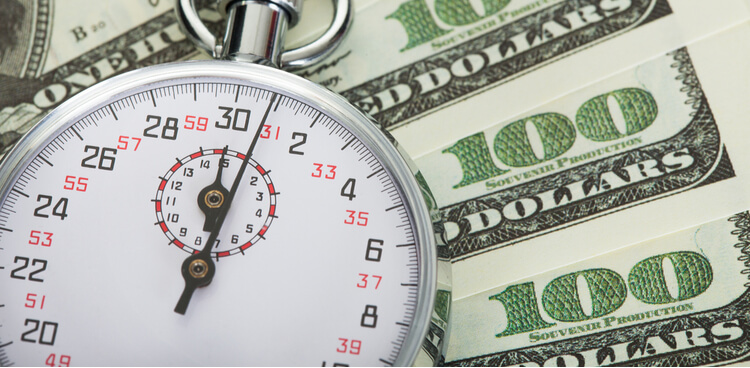
10 Tips To Avoid Financial Emergencies
On the storm tossed sea that is life, financial emergencies are the swells that can smash you beneath the surface to drown in debt. Studies show that the vast majority of Americans can only handle around a $400 emergency before being forced to dip into debt.
Considering how catastrophic they are, an immediate question springs to mind: how do you prevent them? After all, if you’re able to prevent an emergency you won’t have to deal with all the fallout and negative ramifications.
To that end, we’ve gathered together today ten tips for how you can avoid a financial emergency from hitting you.
Assess Your Life
This may seem like an odd point to start with, but knowledge is power, and you’ll never know how bad an emergency can hit you if you don’t know what your own status quo is. For this reason, you should take time to assess all aspects of your life: what your income is, what your expenses are, what things in your life are vulnerable to be destabilized and susceptible to cascade failure during an emergency.
Use Preventive Care
Preventative care in this case means everything from getting the oil in your car regularly changed to showing up for teeth cleanings. Many potential emergencies can be completely avoided simply by spending a little time and investment now in preventing them. It may bite to have to spend the money and energy on yearly dental cleanings, but it’s substantially cheaper than getting a cavity filled in a few years.
Create an Emergency Fund
While it won’t prevent emergencies, one of the single most useful things you can do is create an emergency fund. The idea is simple: it’s a fund dedicated to saving money for dealing with emergencies when they happen. Often the most effective way of maintaining one is to create a separate bank account so it isn’t confused with your normal savings, and then simply automate a small portion of your paycheck each month to be deposited in it.
Invest in Insurance

While it may be expensive in the moment, insurance is specifically designed to help you deal with emergencies. It provides a cushion to land on and blunt the sudden drop that an emergency can cause in your life. While insurance claims can sometimes be a headache to deal with, they’re better than not being reimbursed for a car crash or emergency room visit at all.
Side Hustle
Another good way of safeguarding against a financial emergency is simply to have enough money to deal with it when it rears its head. And the best way to do that, is by securing a second income stream. It doesn’t have to be as lucrative as your normal job, but earning a little on the side can add up quickly. Freelancing or becoming an Uber driver is fast and won’t eat too much time while also helping you save for an emergency in the future.
Sell What You Don’t Need
Another good way of keeping yourself financially prepared for future emergencies is by regularly cleaning out your home and selling off those used items you no longer need. The most lucrative will be jewelry, collectibles, and electronics, but even something as simple as selling your old clothes can bring in a trickle income you can save for a rainy day.
Be Debt Free
Maybe the single most important step you can take to minimize the damage from a financial emergency is to be debt free. The reasons are twofold: first, because being burdened with debt will only add to the financial weight an emergency will slap on your shoulders, and secondly because the interest rate on credit cards or other types of debt will cost you more in the long term and raise the total expense of repaying them.
Maintain Your Budget
None of us like being constrained. But just like keeping to a diet is key to weight loss, keeping to a budget is key to meeting your financial goals and saving the money you need to. It may be difficult, but stay within your spending limits, allocate money where it needs to go, and you’ll be golden. And if you don’t have a budget already, put on together.
Little Costs Add Up to Big Ones
Something people often don’t understand or are unable to conceptualize is just how fast small, consistent costs can add up to big expenses. Coffee is the best example of this. A $3 cup of coffee from Starbucks five times a week is $15, over a month is $60, over a year is $720. Kind of crazy, right? If you’re trying to save money, take a look at not just your big expenses, but your small ones too.
Find Title Loan Places
The final way to avoid a financial emergency is to know where you can access fast cash. And the answer to that question are title loan places. Title loan places are those stores that offer title loans to residents both near and far. Title loans, if you’re not familiar, are fast cash loans that use the value of your car as collateral. They’re perfect for preventing financial difficulties from descending into full blow emergencies.
Note: The content provided in this article is only for informational purposes, and you should contact your financial advisor about your specific financial situation.